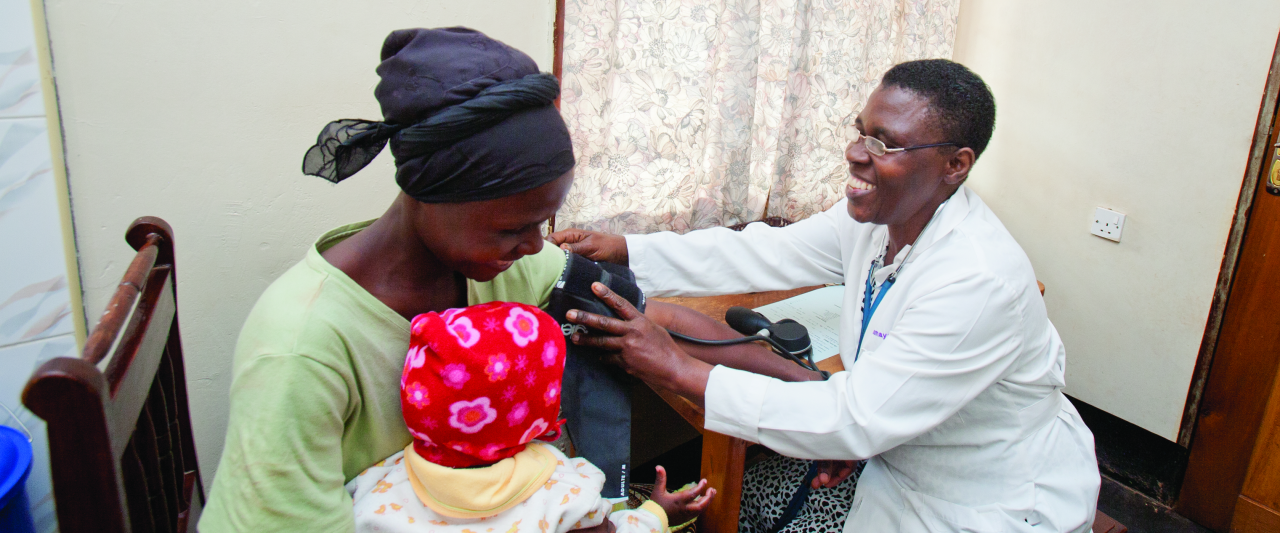Study
Mapping the journey—enhancing abortion care in Uganda’s health systems
Published in Frontiers in Reproductive Health (2025)
Led by researchers from Ipas, Uganda’s Ministry of Health, and the ACTUATE project at DKT International, this study looks at how people across nine Ugandan districts experience abortion and postabortion care in public health facilities.
Main takeaway
Health-system barriers still push many people through complex, informal pathways before they receive postabortion care—yet supportive provider interactions can transform client satisfaction and future care-seeking. The study shows that centering human dignity and streamlined referrals is the fastest route to safer abortion care for Ugandans.
It also found that satisfaction doesn’t depend on demographics. Age, education level, and type of service didn’t predict satisfaction. Provider attitude did. Respectful care was the game-changer.
“Our research on abortion care in Uganda reveals systemic barriers but also a clear path forward. It’s time our health systems deliver safe, coordinated, and rights-affirming abortion care for all.”
— Steve Biko, User Centered Design Advisor, Ipas Africa Alliance
Why it matters
- For health systems: This study pinpoints where public facilities need support. Stronger referral links, better counseling, and reliable contraceptive supplies can lower complication rates.
- For policymakers: The findings match WHO’s guidance on high-quality care and offer data to shape national guidelines, training, and health budgets that move Uganda closer to universal health coverage.
- For local government: Training providers and ensuring access to contraceptives delivers real value. Higher satisfaction, more contraceptive use, and fewer repeat abortions are all key impacts found in the study.
Key findings
- Respect drives satisfaction. Clients who received kind, non-judgmental counseling were more satisfied and more likely to return or recommend the facility. This held true regardless of age, marital status, or location.
- Complex care pathways cause delays. Most people first go to local clinics or pharmacies. They only reach public hospitals after complications or advanced pregnancies, guided by informal community networks.
- Referral systems are weak. Without strong links between lower-level clinics and hospitals, many people miss out on timely care, especially for second-trimester abortions or emergency postabortion care.
- Counseling is uneven. The quality of information on abortion and contraception varied a lot. Some clients faced stock-outs or judgement, which reduced uptake of long-acting contraceptive methods.
- Confidentiality is crucial. Adolescents feared their parents would find out. Some married clients had partners who opposed their decisions. Both groups need confidential care.


